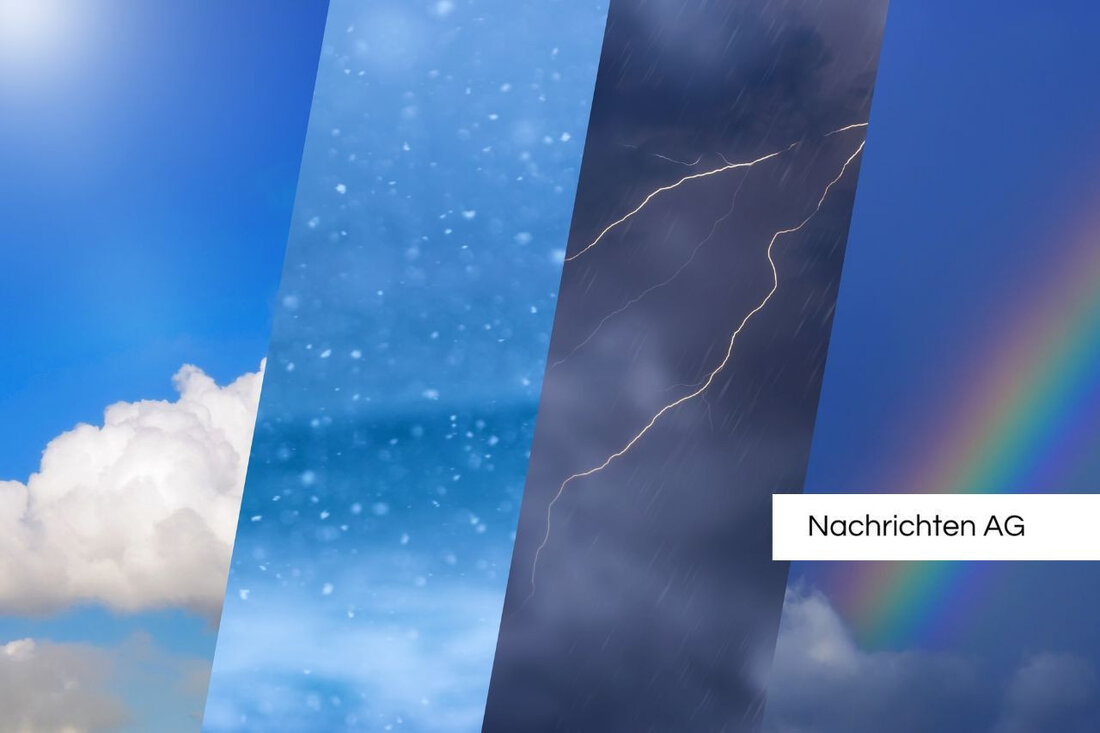Mallorca: Germany's sunny 17th federal state attracts vacationers!
Mallorca: Germany's sunny 17th federal state attracts vacationers!
With the flight from Cologne to Palma, the annual travel season in Mallorca begins for many Germans. When arriving at the airport, the view immediately falls on the many German vacationers. Even the information signs are kept in Spanish, English and German. This multicultural environment makes the airport almost a small piece of Germany that is not far from the sunny Mediterranean. The taxi ride to Palma takes about 20 minutes and is enriched by typical German shops such as "Berlin Döner" and the acquaintance with street sellers who communicate in German.
Mallorca's popularity as a holiday destination is no coincidence. Mallorca is often referred to as the "17th federal state of Germany". This is not only an expression of the close connection, but also shows how deep the roots of German tourism are anchored in this region. However, the first foundations for today's trend were laid in the 19th century. At that time, the island was still an insider tip for artists such as George Sand and Frédéric Chopin, who were looking for relaxation in the mild winters. The book "Journey through the Balearic and Pithius Islands" by André Grasset from 1808 was the first German description of the island and paved the way for future tourism.
The development of tourism
In the 20th century, tourism took off. With the opening of the Gran Hotel in Palma in 1903, spiritual the first luxurious overnight accommodations began. The regular ship connections between the Palma and Barcelona and the creation of the first car rental in the 1900s were decisive steps in the tourist development of the island. These developments paved the way for the inclusion of package tours by tour operators in the 1960s, which led to mass tourism that continues to this day. In the 1970s, calm villages changed in tourist strongholds, which brought about both economic upswing and challenges, such as environmental pollution.
In 2023, over 17 million tourists visited the island, which, according to the striking data, continued to certify Mallorca's popularity. However, this trend has also led to increased protests by the locals against mass tourism. The Balearic Prime Minister Margalida Prohens has already announced measures to regulate to meet both the needs of tourists and the local population.
another reality for vacationers
The experiences of daily vacationers illustrate this contradiction: In the streets of Palma, many travelers feel as if they were in another place in the Federal Republic, only that the weather here is sunnier and warmer. After an eventful day, which ends in a restaurant, for example, with a visit to the megapark and the enjoyment of German football on large screen screens, vacationers usually feel exhausted and happy. A short walk from Playa takes you back to the hotel, where you can process the impressions of the day.
Mallorca has developed rapidly in recent decades, but the mix of tradition and mass tourism remains a challenge. The island has established itself as the destination for different types of travelers, including active vacationers, cultural travelers and gourmets. It will be crucial how the Balearician government addresses the concerns of society and finds innovative solutions for reducing mass tourism in order to improve the quality of life of the locals and at the same time maintain tourism. The way to the future requires more than ever a balance between enjoyment and sustainability.
Derwesten.de
mallorcamagazin.com
Isla-travel.de
| Details | |
|---|---|
| Ort | Palma, Spanien |
| Quellen | |


Kommentare (0)